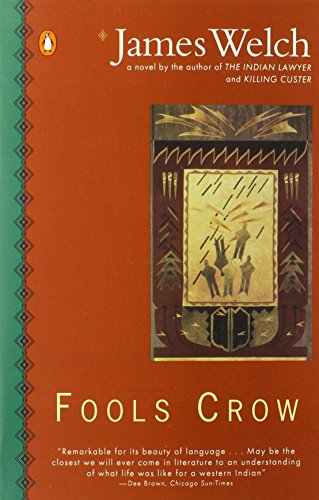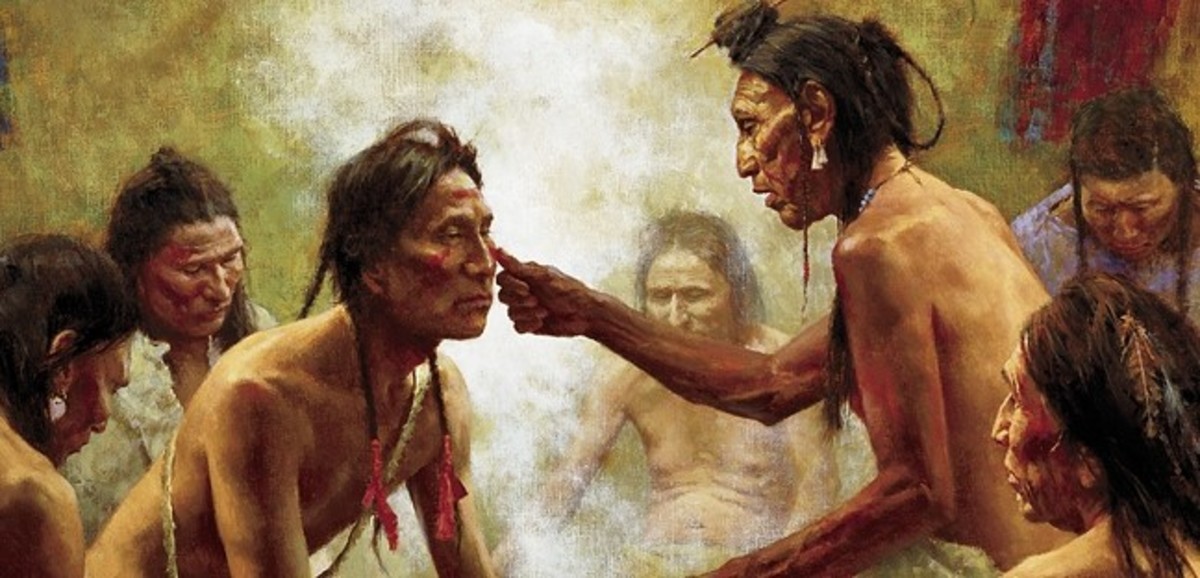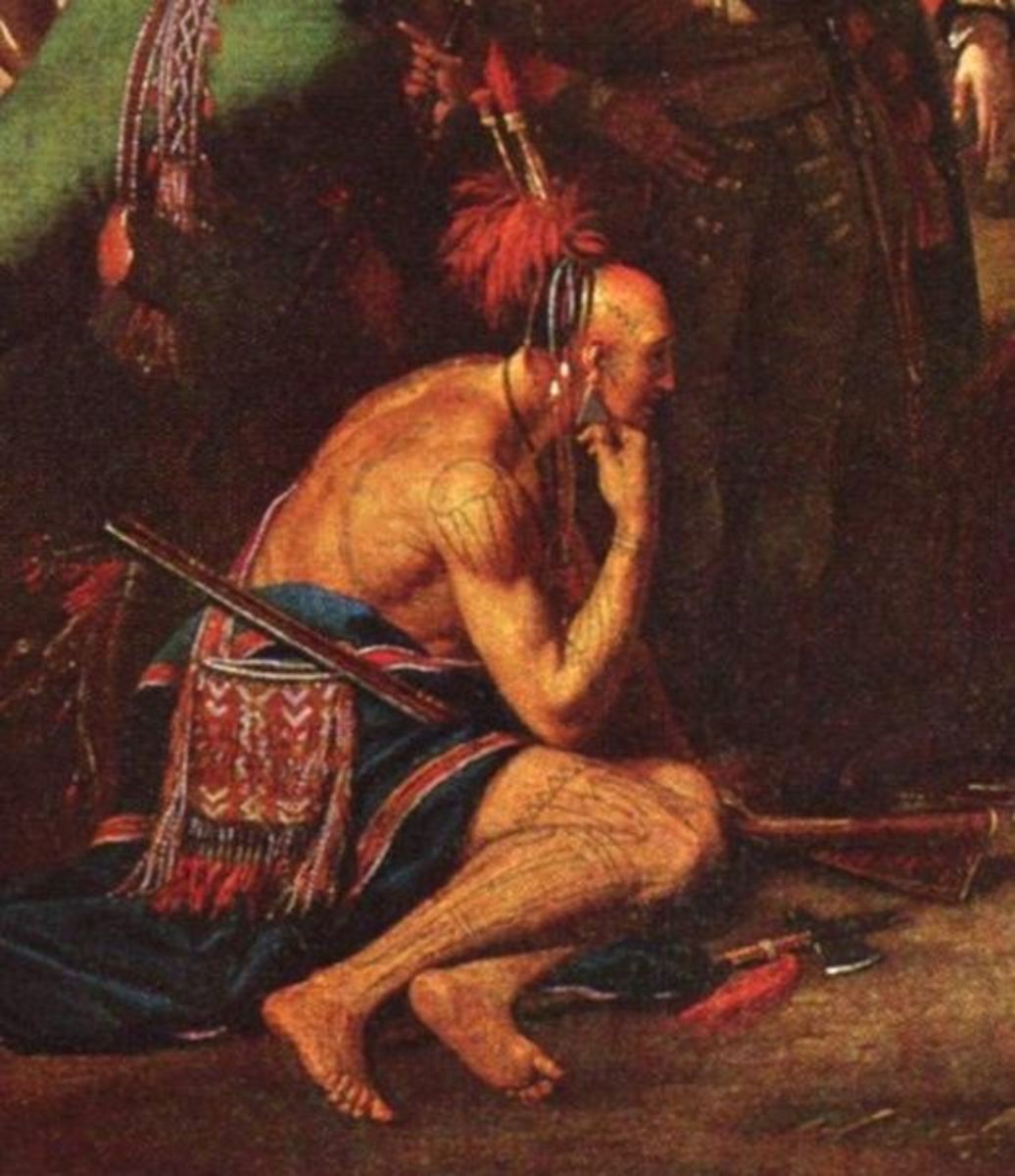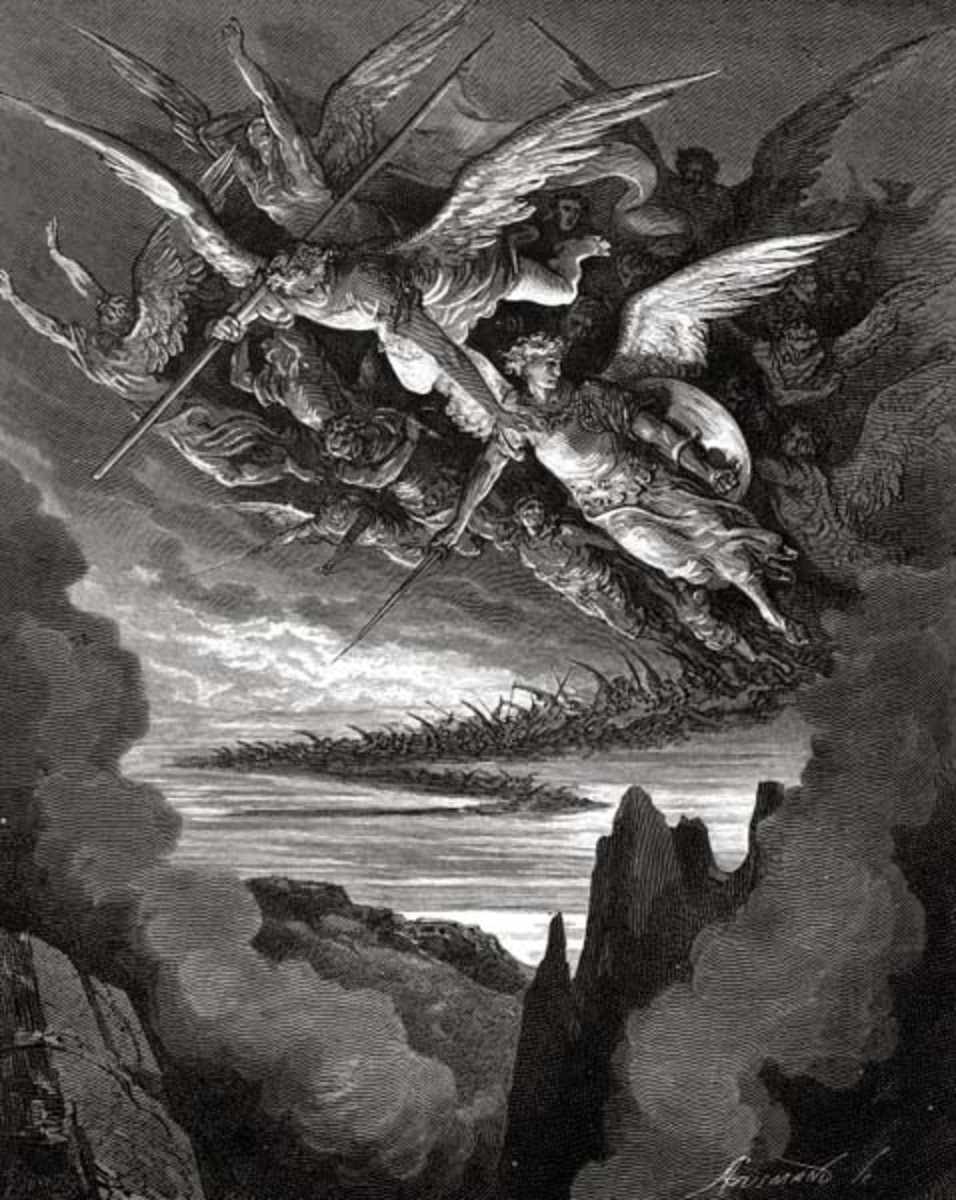- HubPages»
- Books, Literature, and Writing»
- Literature»
- Western Literature
Dehumanization Themes in Fools Crow by James Welch (Review)
The book Fools Crow, by James Welch, excels in its honest and realistic portrayal of Native American life and culture during the period of initial westward expansion. Native Americans play a prominent role in the literature of the developing American West, yet in many cases these depictions serve only as a reflection of cultural stereotypes.
During the era of westward expansion, the United States government pursued policies of dishonest land dealings and treaties, attempts to eradicate traditional ways of life, even outright genocide. These practices created a parallel between policy and perception, and Native Americans came to be considered a group less than human in the minds of the general public. Fools Crow exists a part of a growing body of Native American literature which seeks to dispel such myths and humanize the group in the eyes of contemporary readers.

Dehumanization vs. Respect
The issue of humanity is important to understanding Native-American/white relations. To show respect for another culture, to have an understanding of members of that group as fellow human beings, is perhaps tantamount to engaging in fair treatment, and cultivating positive relations.
Though the majority of people feel a natural compulsion against mistreatment of animals, we do not accord them with the same measure of respect that we would a human being, capable of thought, reason, and emotion. Thus to consider a group of people less than human alleviates a sense of guilt for being responsible for either their death or their pain.
Welch appears to well-recognize this concept, tackling the uncomfortable issue of each opposing group’s viewpoints on relative humanity of the respective Other. In an interesting and honest portrayal, Welch depicts both Native Americans and white settlers raising the question of whether or not the other group counted as “human.” Here humanity is a prime consideration in determining action and interaction.
Fools Crow serves as a realistic and unexaggerated portrayal of this epoch in history. The reader emerges with the understanding that while some tribes did at times make attacks on the settlers, this engagement in warfare took place only after diplomatic action had failed, as their sense of security and very means of survival and were crumbling away.
Events that take place within the story make it clear that the settlers engaged in a systematic genocide for the sole purpose of land acquisition. From early on in the Western migration it became clear that the prime motivation of the settlers was to "tame the wilderness," and in by doing so this meant eradicating any potentially opposing force, be it vegetation, predator, or human.This cultural warfare was justified by the consideration of Native Americans as an inhuman race, and succeeded in drastically altering the landscape of the American West.
Buy at Amazon
An Absorbing Work of Fiction
Though Welch plays upon reader's emotions with heartbreaking depictions of mass slaughter of Native American villages, including the killing of women and children, there are also many touching and uplifting moments that serves to counterbalance these scenes of horror and explain traditional Native American social structures, cultural, and religious practices. The story is absorbing and compelling even to a reader unfamiliar with Western Literature or traditional Native American life.
Welch has excelled in creating a captivating work of fiction that also enriches our cultural and literary understanding of an often stigmatized and sensationalized group. It is only by coming to a true, accurate understanding of the traditional culture, as well as the trials and tribulations of Native Americans at the hands of whites, and most importantly a consideration of Native Americans as fellow human beings, can true respect, generosity, and fairness on the part of non-Native American society be reached.
© 2010 Anaya M. Baker
Read on...
- Ten Western Fiction Books Anyone Can Get Into
Western fiction is more than just gun-slinging outlaws squaring off in some forgotten, dusty saloon. Ten western fiction books that will appeal to any reader...









